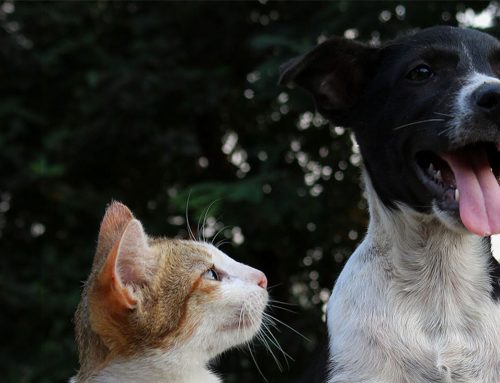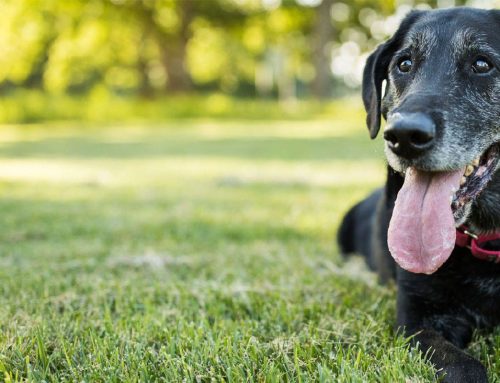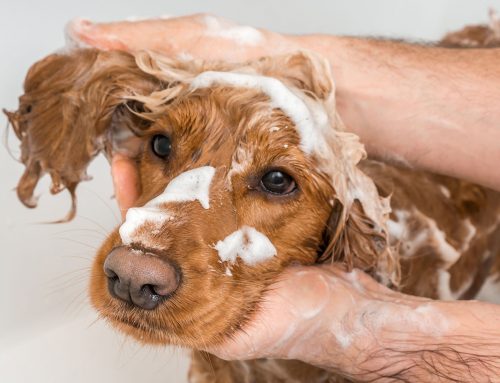Along with the colder months usually comes unwanted visitors in your homes, such as mice and rats. The sight of a mouse often creates concern with hygiene and disease. The easiest way to get rid of these unwanted visitors is through baits and rodenticides containing poison, but this puts your pets at risk.
Cats and dogs can become seriously ill from eating the poison or consuming the rodents who themselves have consumed the bait. The poisons can act fast and have serious consequences which is why prompt diagnosis and treatment is vital.
What happens if your cat or dog has eaten rat bait or a rodent that has consumed it?
Symptoms can vary from case to case, depending on the type of poison and time of ingestion.
The most common sign of poisoning is bleeding ranging from minor to acute. Bleeding is the most dangerous symptom for poisoning as it shows that the blood is not able to clot & repair the body; thus, the animal bleeds to death. Signs that there could be bleeding are:
- Bleeding noses
- Bruises under the skin
- Ongoing bleeding from small wounds and cuts
- Bloody Diarrhoea
- Blood in urine or faeces
- Rapid or laboured breathing
- Haematomas (bumps or swelling on the skin)
- Lethargy or collapse
- Lameness
- Seizures
- Death
Bleeding will not occur immediately, so it is important to start therapy before symptoms begin.
If you suspect your pet has eaten rat poison or received a second dose through the consumption of a rodent that has eaten poison, then seek veterinary help as soon as possible.
The level of intervention required can vary but therapy may include inducing vomiting depending on how long ago the pet ate the bait, activated charcoal administration & vitamin K therapy.
If you know your pet has eaten rat bait, and you know which one it is, take the box with you or find out its name and the active ingredients.






